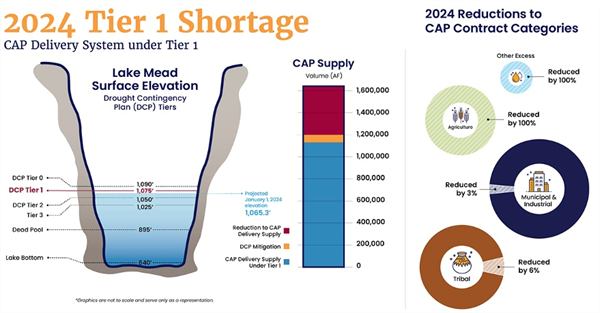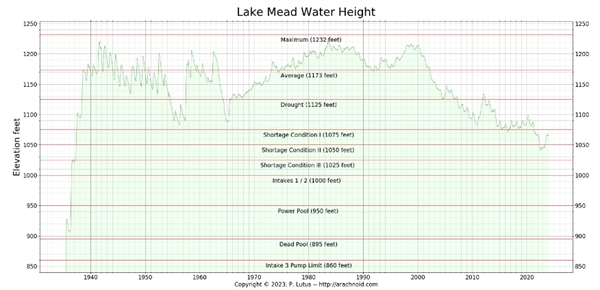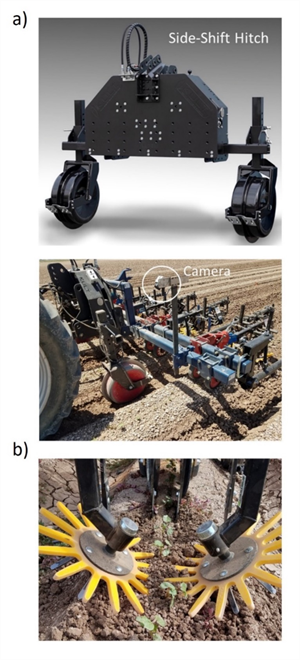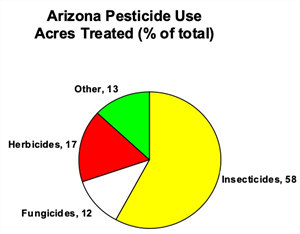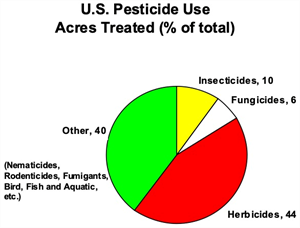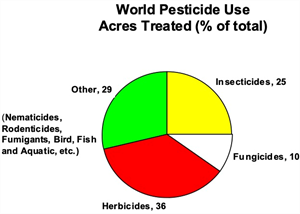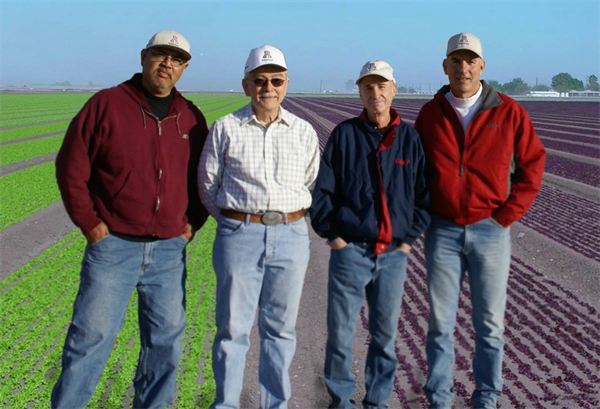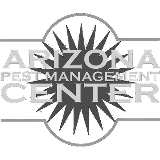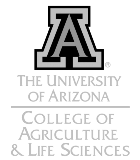-
Mar 9, 2022Aphids Still Going Strong Late in the Season
Aphid populations remain heavy throughout the Yuma growing area. Green peach aphid appears to be declining a bit on lettuce and spinach but is rapidly increasing on our cabbage and broccoli. Also beginning to get reports of green peach and foxglove aphids building colonizing hearts of older celery. But without a doubt, Lettuce aphid (LA) is the primary aphid giving growers and PCAs heartburn. As I’ve noted previously, this is the worst I’ve ever seen LA since it first showed up in the desert in 1999. LA have been colonizing plants since early December and are currently exceeding 400 aphids/head in my heaviest infested untreated iceberg lettuce plots at YAC. However, that may pale in comparison to an organic romaine field I walked in to yesterday. And right on schedule here come the syrphid flies and lady beetles, the most efficient predators of LA. So far though these aphid-eating machines are not keeping up with the LA populations. Once the weather gets consistently in the 80’s, populations should begin to crash. But until that happens you need to be aggressive in your control. In my conventional lettuce efficacy trials, Movento (5 oz/ac) and Senstar have been working great on LA this season. The table below shows the results of a trial conducted on iceberg lettuce beginning in late January. Other non-systemic aphicides are significantly reducing LA numbers, but not at the same levels as Movento/Senstar. So, for late season lettuce, Movento/Senstar should be your primary product for LA and should work even better under warmer temperatures. And don’t forget, these products require a penetrating adjuvant to maximize their performance. The products I’ve had the best success with have been MSO/organosilicon blends. So, I recommend going the highest rate of adjuvant you feel comfortable with. For late season green peach aphid management, all the standard aphid products I’ve tested this spring (Sequoia, Sivanto, Beleaf, PQZ, Versys) have provided effective control in brassica crops and lettuce.
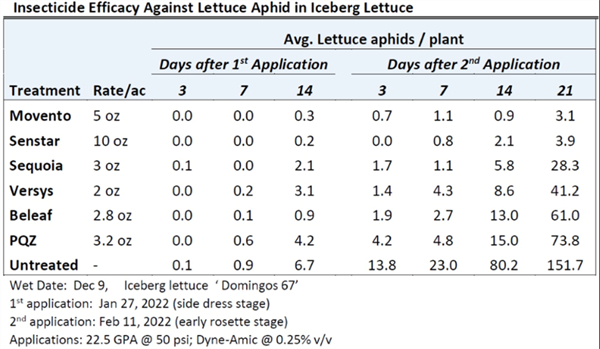
To contact John Palumbo go to: jpalumbo@ag.Arizona.edu



